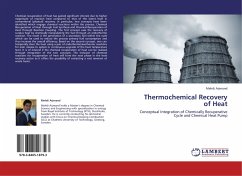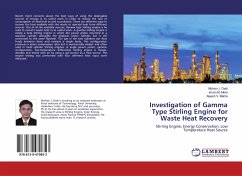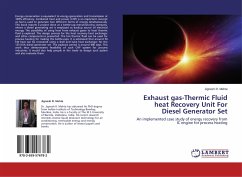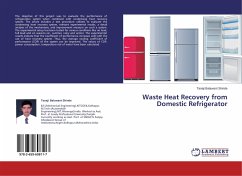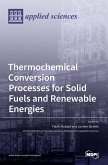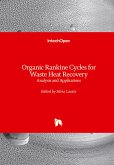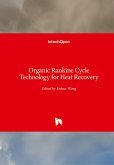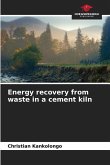Chemical recuperation of heat has gained significant interest due to higher magnitude of reaction heat compared to that of the latent heat in conventional (physical) recovery. In particular, two concepts have been identified which engage chemical reactions within the process: Chemical Recuperation of Heat through Fuel Synthesis and Chemical Recuperation of Heat through Reaction Coupling. The first concept uses the recovery of surplus heat by chemically manipulating the fuel through an endothermic reaction. The result is the generation of a secondary fuel within the cycle which can be used to reduce the process primary fuel consumption and thus increase the overall efficiency. Based on the second concept, one can temporally store the heat using a pair of endothermic/exothermic reactions for later release to system or continuous upgrade of the heat temperature level. It is of interest if the chemical recuperation of heat can be realized through integration of the two concepts. The inclusion of chemical reactions for recuperation of heat will form the next phase in the heat recovery sector as it offers the possibility of extracting a vast remnant of waste heats.

